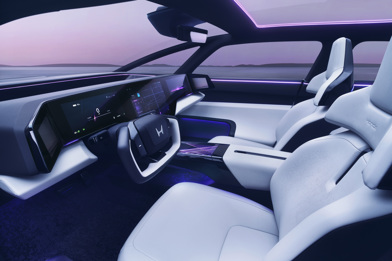The Smart brand is set to be relaunched in New Zealand under the auspices of Armstrong's Automotive Group. It has committed to bring not just the current Smart #1 (apparently the company would like us to actually say "hashtag one") and #3 small-SUV models, but also the new #5 mid-sizer, shown at this year's Beijing Motor Show as a concept.
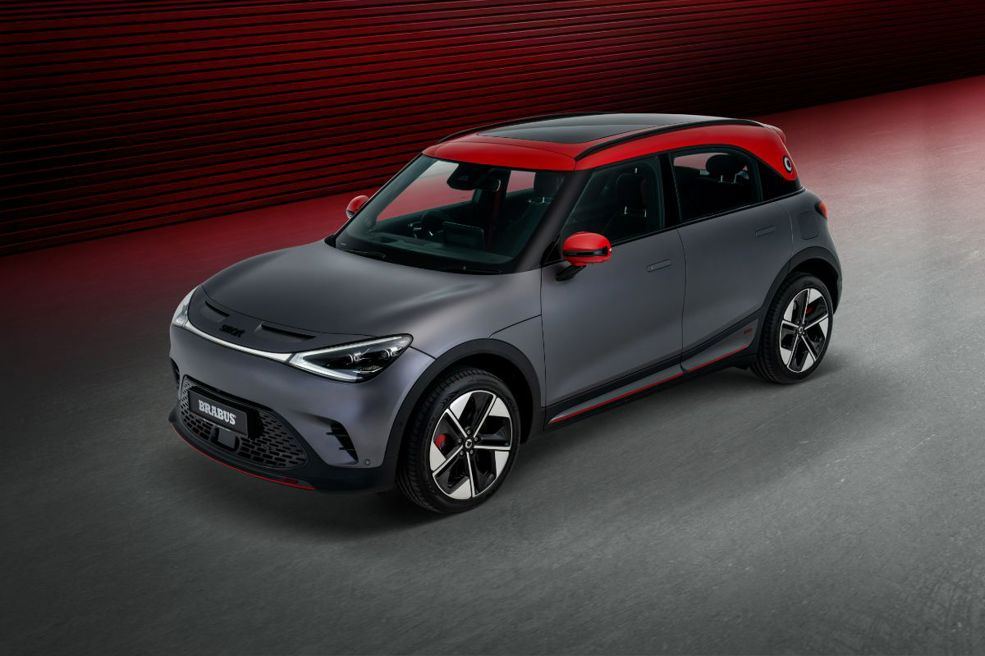
The range will include some high-performance Brabus-enhanced models, with 0-100km/h acceleration as quick as 3.6 seconds.
Smart was last seen in NZ as a new-vehicle brand in the noughties, imported by Mercedes-Benz. Plenty has changed for the make since then, including ownership and the products themselves. Much as BMW has done with Mini, Smart has taken its original tiny vehicles and broadened their appeal, creating larger and more practical models but trying not to lose its original cheeky appeal.
From its genesis as a revolutionary city car conceived by SMH, maker of Swatch watches (initially in partnership with Volkswagen), the Smart brand was launched in 1994 as a joint venture with Mercedes-Benz (Smart = Swatch Mercedes Art).
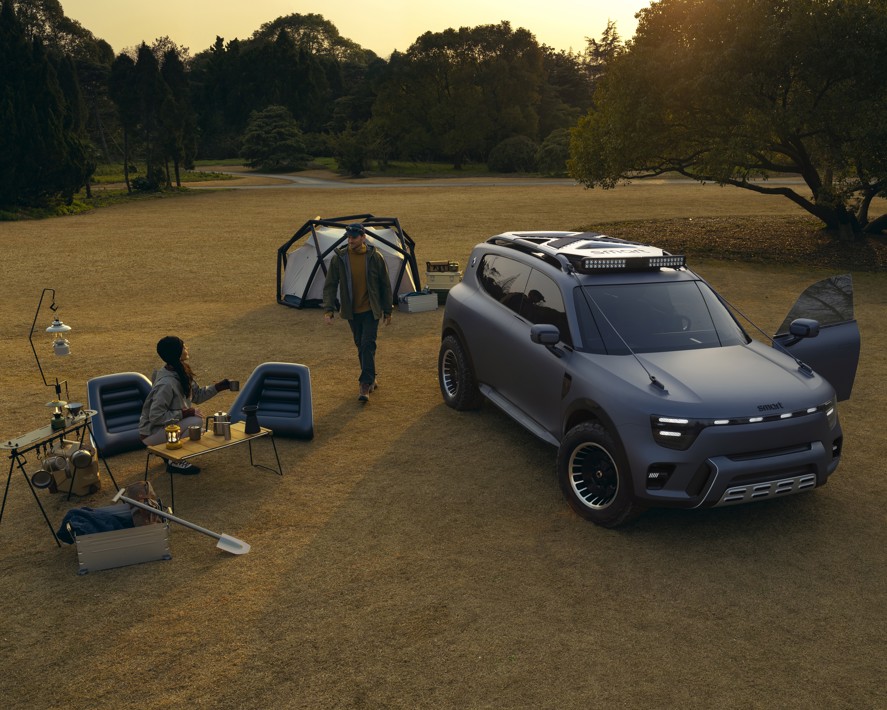
The brand name has always been stylised with lower-case lettering ("smart") on the cars' badging.
Mercedes took 100% ownership of Smart in 1998, but in 2019 formed a joint-venture with Geely. Smart cars are now built in China for global markets.
While Armstrong's is not the Kiwi Mercedes-Benz distributor, it is responsible for the distribution of Peugeot, Citroen and Opel, and owns a network of Mercedes-Benz dealerships; it's one of the largest independent automotive groups in NZ. Smart cars will be sold alongside Mercedes models in Armstrong's dealerships in Auckland, Wellington, Christchurch and Dunedin.
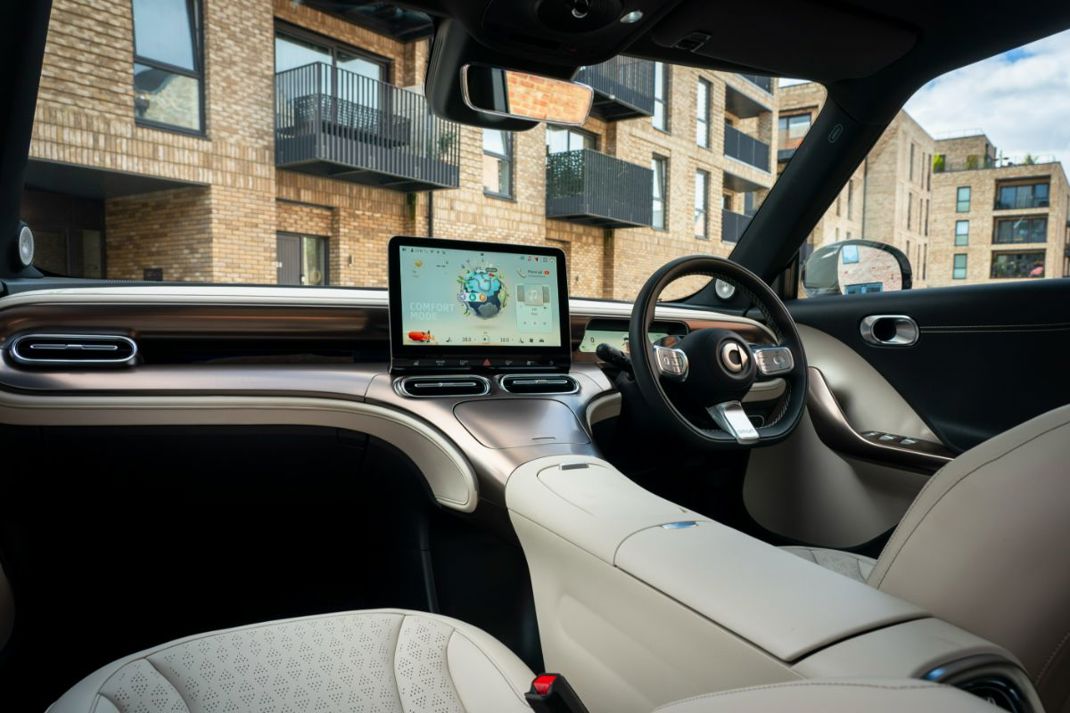
“We are very honoured to have this opportunity to represent smart Automobile in NZ," says owner and founder Rick Armstrong. "It fits perfectly with our existing Mercedes-Benz representation throughout New Zealand in key centres, and will provide a separate but very complementary product offering."
Armstrong says the company is working through final details, with more information on timing and pricing to come.
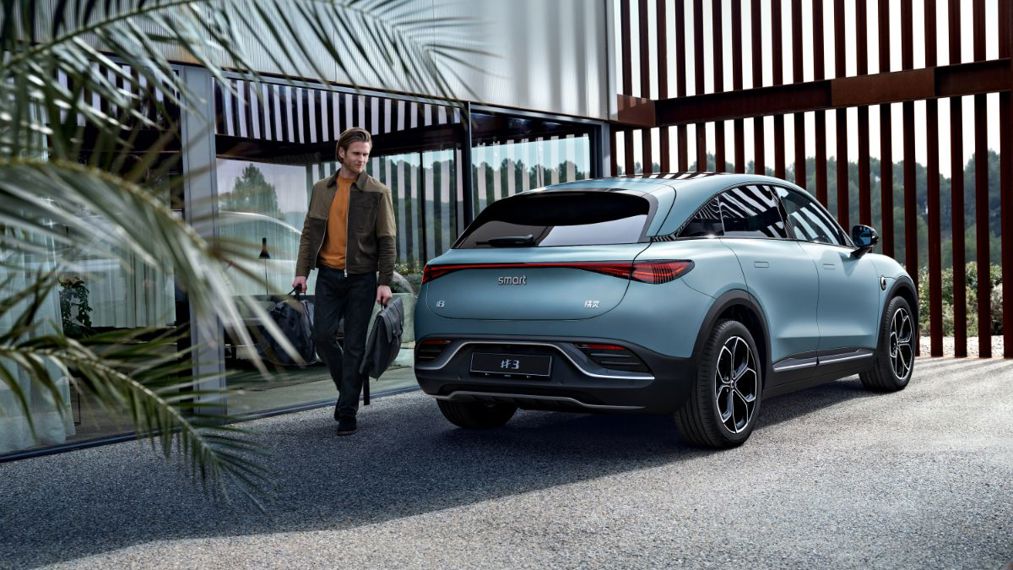
Smart says it follows a "China-Europe, dual-home" business strategy. Its new-generation products are currently sold in 28 markets worldwide.














